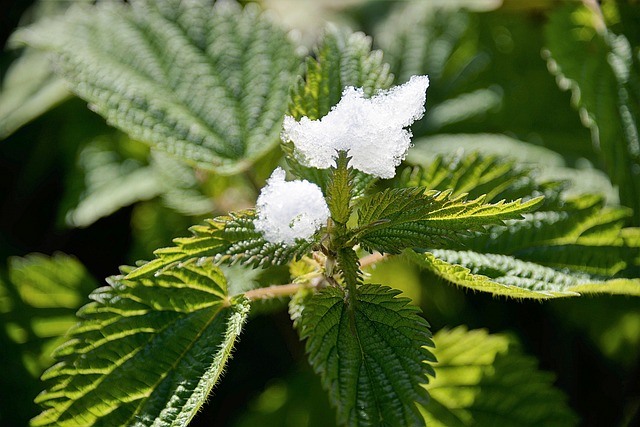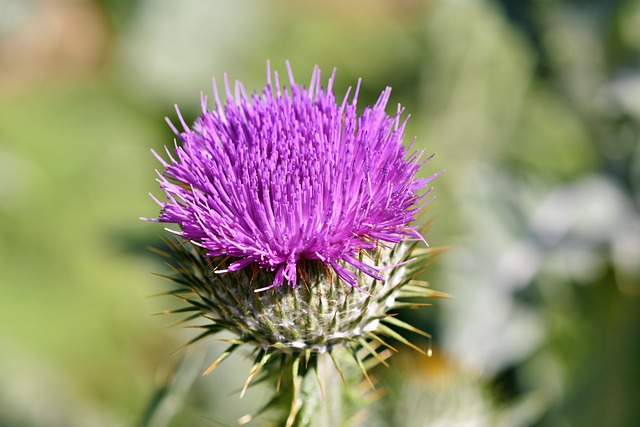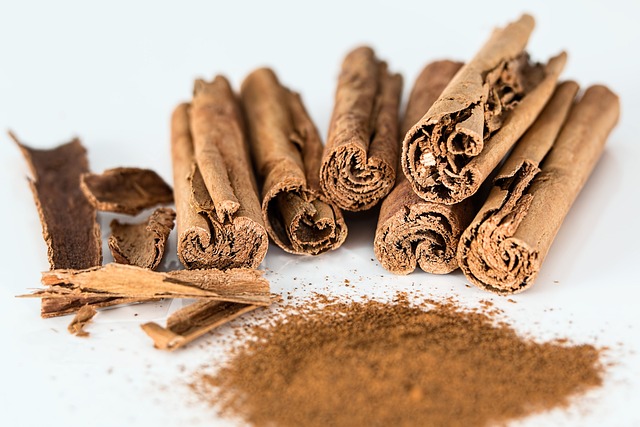
#45 AstroVeda for June: Huge Energetic Shifts with Jill Loftis
Subscribe Now

#45 AstroVeda for June: Huge Energetic Shifts with Jill Loftis
#45 AstroVeda for June: Huge Energetic Shifts with Jill Loftis
Welcome to June 2024, where we’re gearing up for Cancer season, a Capricorn full moon, and Saturn retrograde. Mercury returns to Gemini, adding a playful charm to our interactions. The social vibes of the full moon in Gemini on June 6 present a chance to revisit a conversation and make it right. For more insights tune in as Jill and I discuss:
- Monday, June 3: Mercury enters Gemini, heralding a period of heightened communication and mental agility. Routine shifts for June and food prep tips for farmer’s market vegetables.
- Thursday, June 6: The New Moon in Gemini at 8:38 am EST offers fresh opportunities for setting intentions and fostering new beginnings in communication and relationships. Potential Vata imbalance and tips for better sleep.
- Saturday, June 8: Mars enters Taurus, prompting us to recognize the importance of patience and persistence in achieving our goals. Techniques for stabilizing and grounding energy, cleansing aura and space, and embracing resilience.
- Sunday, June 16: Venus enters Cancer, infusing our emotions with sensitivity and nurturing energy. Significance of work-life balance according to Ayurveda.
- Monday, June 17: Mercury follows Venus into Cancer, deepening our emotional connections and prompting introspection. Ayurvedic principles related to water consumption.
- Wednesday, June 19: Vesta enters Leo, empowering us to embrace our confidence and individuality.
- Thursday, June 20: The Sun enters Cancer, marking the beginning of Cancer season and a time for emotional introspection and nurturing self-care practices. Ayurvedic principles to communication and relationships, emphasizing the importance of balance and harmony.
Get your weekly forecast on Youtube with Jill
Discover more about Carina’s work here:
HORMONE THRIVE – My signature program for slow living, Ayurvedic self-care practices, healthy habits and natural hormone balance.
Free Metabolism Course – Optimise your metabolism and heal your digestive problems with Ayurveda
Youtube
Instagram








